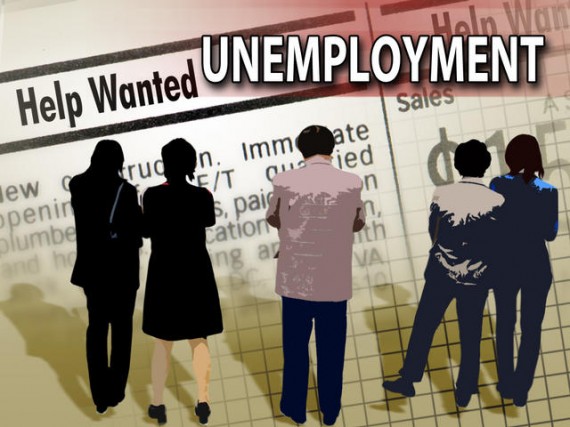Jobs Situation Worse Than It Looks
US News editor-in-chief Mort Zuckerman explains "Why the Jobs Situation Is Worse Than It Looks."
US News editor-in-chief Mort Zuckerman explains “Why the Jobs Situation Is Worse Than It Looks.”
The Great Recession has now earned the dubious right of being compared to the Great Depression. In the face of the most stimulative fiscal and monetary policies in our history, we have experienced the loss of over 7 million jobs, wiping out every job gained since the year 2000. From the moment the Obama administration came into office, there have been no net increases in full-time jobs, only in part-time jobs. This is contrary to all previous recessions. Employers are not recalling the workers they laid off from full-time employment.
The real job losses are greater than the estimate of 7.5 million. They are closer to 10.5 million, as 3 million people have stopped looking for work. Equally troublesome is the lower labor participation rate; some 5 million jobs have vanished from manufacturing, long America’s greatest strength. Just think: Total payrolls today amount to 131 million, but this figure is lower than it was at the beginning of the year 2000, even though our population has grown by nearly 30 million.
[…]
Don’t pay too much attention to the headline unemployment rate of 9.1 percent. It is scary enough, but it is a gloss on the reality. These numbers do not include the millions who have stopped looking for a job or who are working part time but would work full time if a position were available. And they count only those people who have actively applied for a job within the last four weeks.
Include those others and the real number is a nasty 16 percent. The 16 percent includes 8.5 million part-timers who want to work full time (which is double the historical norm) and those who have applied for a job within the last six months, including many of the long-term unemployed. And this 16 percent does not take into account the discouraged workers who have left the labor force. The fact is that the longer duration of six months is the more relevant testing period since the mean duration of unemployment is now 39.7 weeks, an increase from 37.1 weeks in February.
There’s three pages of this but you get the point. He also cites a measure I haven’t seen before:
Just to illustrate how insecure the labor movement is, there is nobody on strike in the United States today, according to David Rosenberg of wealth management firm Gluskin Sheff. Back in the 1970s, it was common in any given month to see as many as 30,000 workers on the picket line, and there were typically 300 work stoppages at any given time. Last year there were a grand total of 11.
Ironically, the exception is professional sports, where the NFL and NBA are both in labor turmoil–although it’s the owners seeking concessions this time rather than players striking.
via Tom Smith






It seems also that we’re suffering larger losses than other wealthy countries. Even flat-broke wealthy countries.
Which is no doubt due to our being so much more socialist than, say, Sweden, or France or Germany.
I blame Obamacare. It doesn’t matter that it’s not actually in effect, I blame it anyway.
Marginal Revolution on Structural Unemployment
The IMF’s definition of cyclical vs. structural unemployment is far too narrow. Under their rubric if 1 million jobs in construction were created due to the housing bubble and another 1 million jobs were created by it in fnance, retail, etc. and all of those jobs were lost when the bubble collapsed then 2 million jobs were lost for cyclical reasons.
Contrariwise I would say that all of those jobs were lost for long term structural reasons.
The definitions almost have to be fuzzy, just because the jobs market is so murky.
Future jobs are determined in part by future fashion.
(Many more people want to be personal trainers than my community supports, but that fashion has created some unexportable jobs just the same.)
“I blame Obamacare. It doesn’t matter that it’s not actually in effect, I blame it anyway.”
This may come as a total shock, but employers have this tendency to ask themselves: “if I employ today, what will be the cost of employment 1,3,5 years from now?” “And what are my alternatives, and the costs of breaking the employment arrangement if it doesn’t work out?”
That pesky planning and budgeting thingy, ya know?
Yeah Drew, because lay-offs are now illegal in the US.
Except, wait. They’re not.
And Bernanke has no clue.